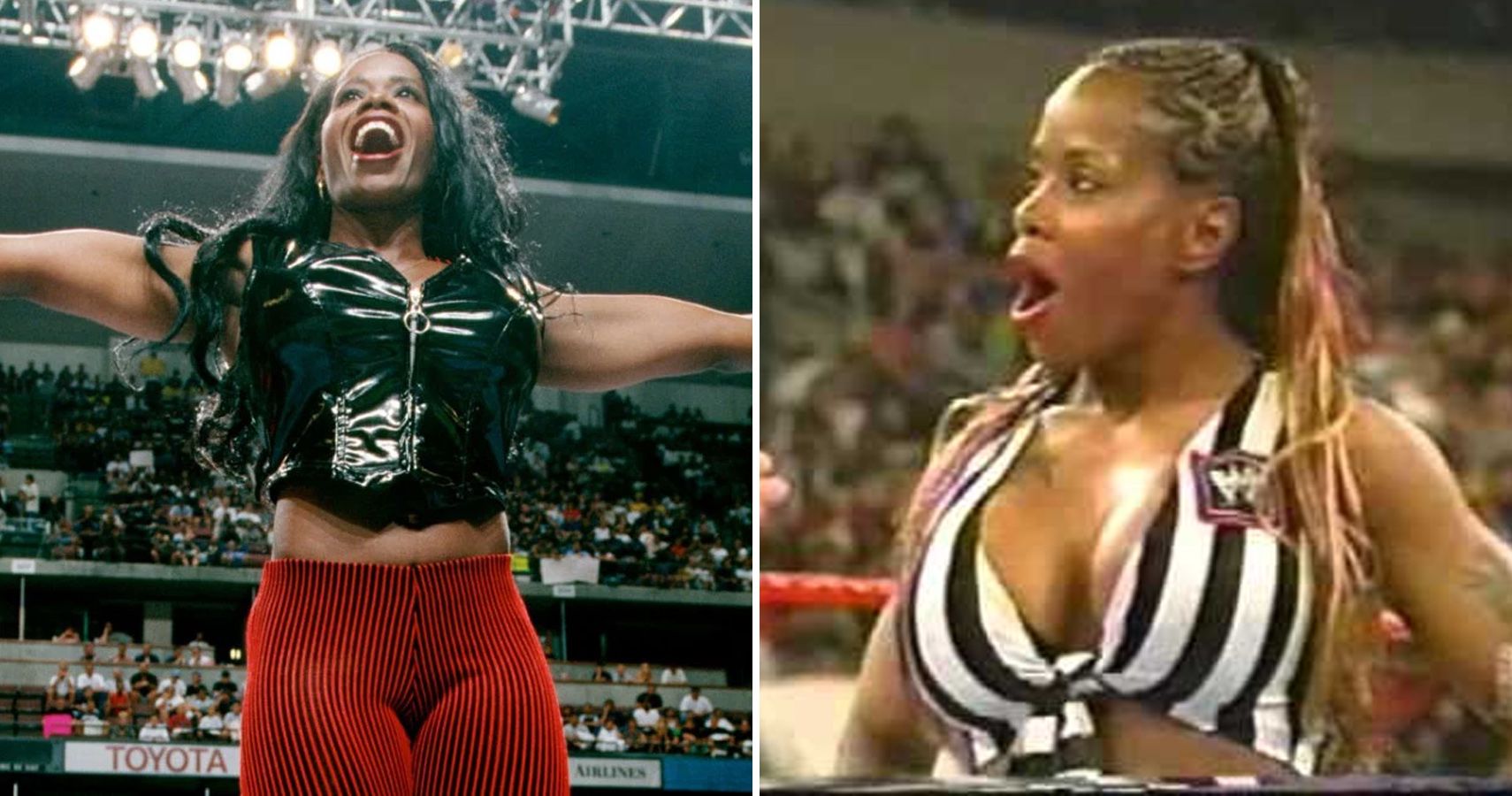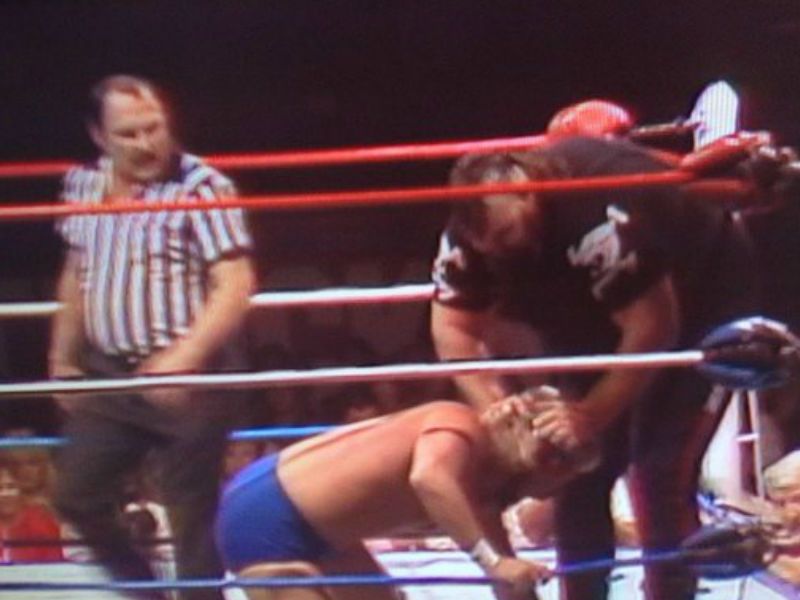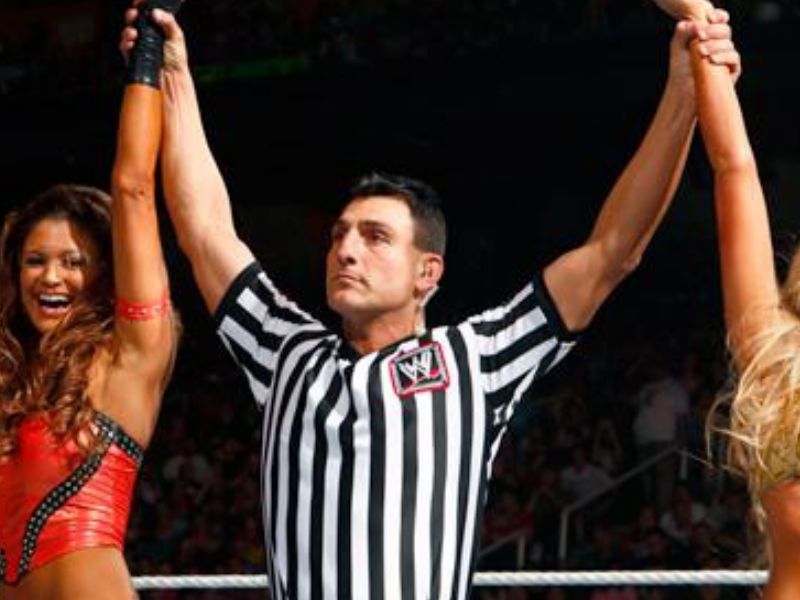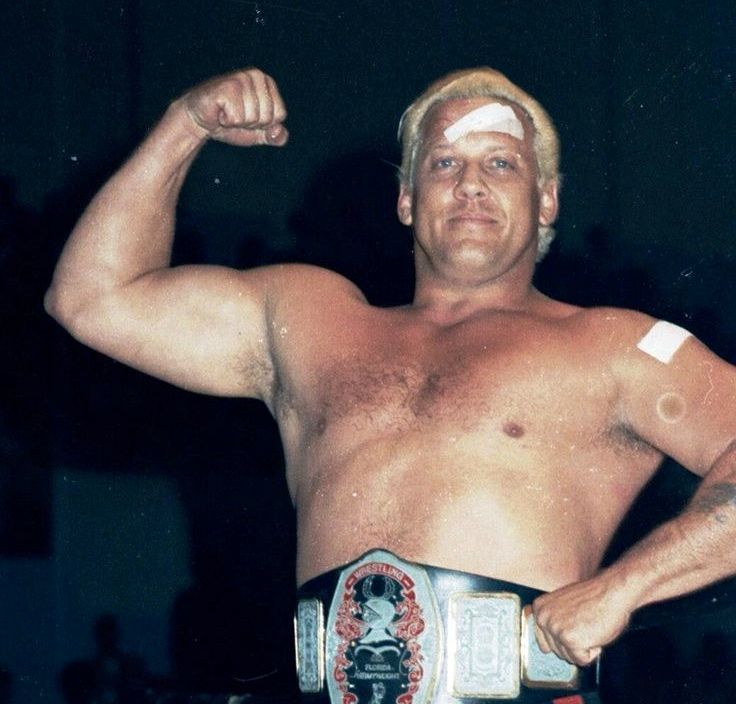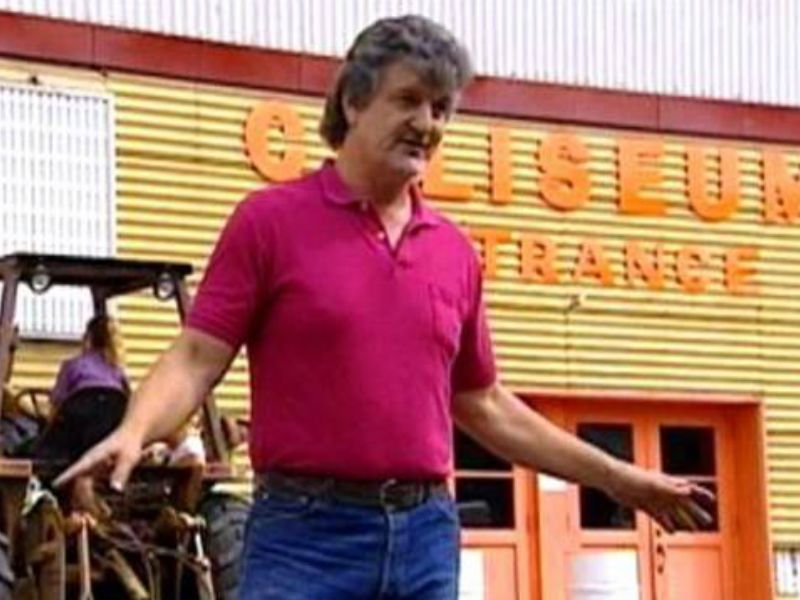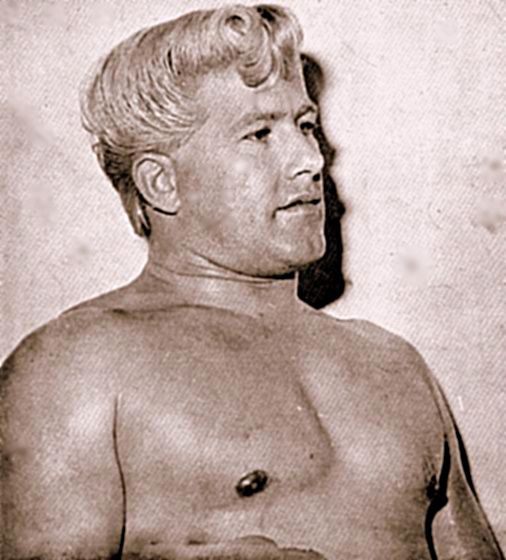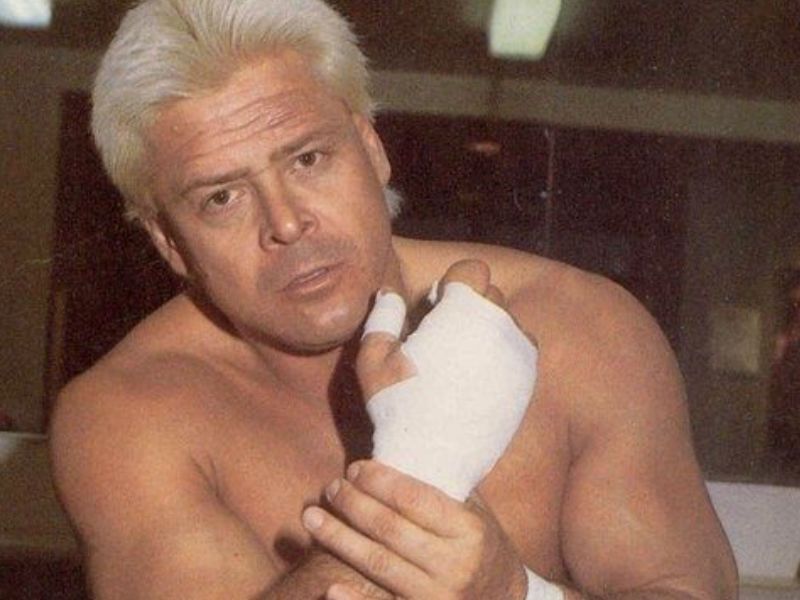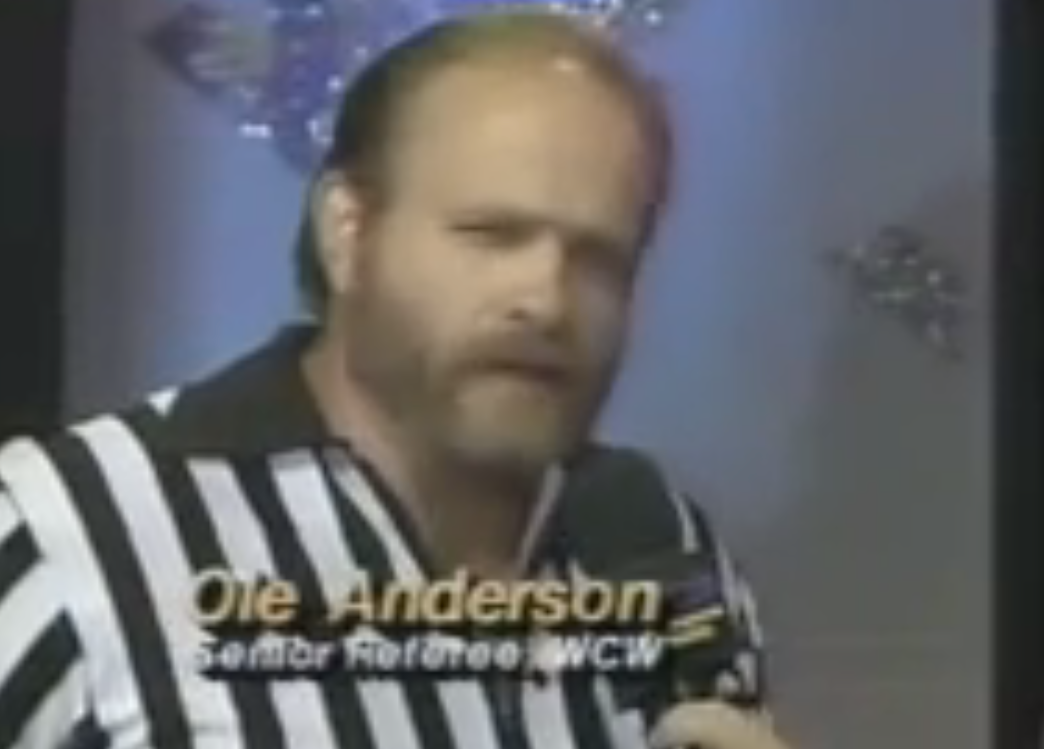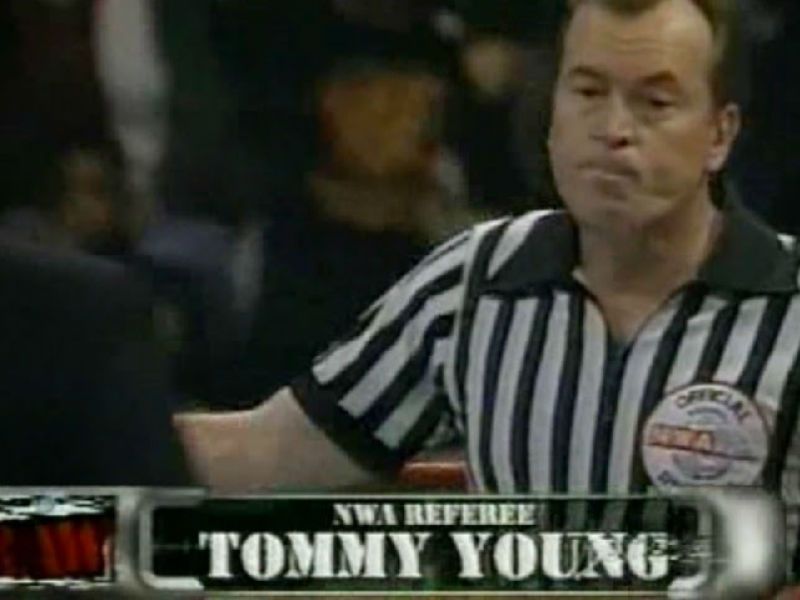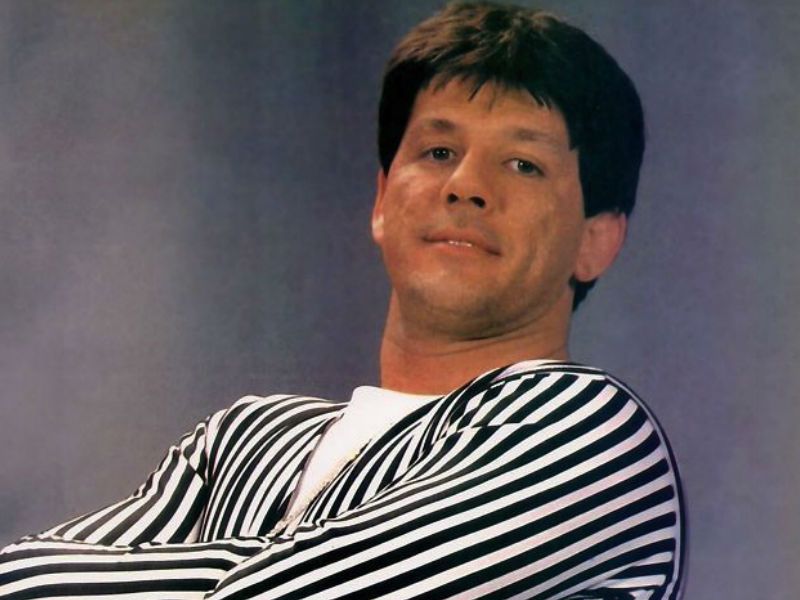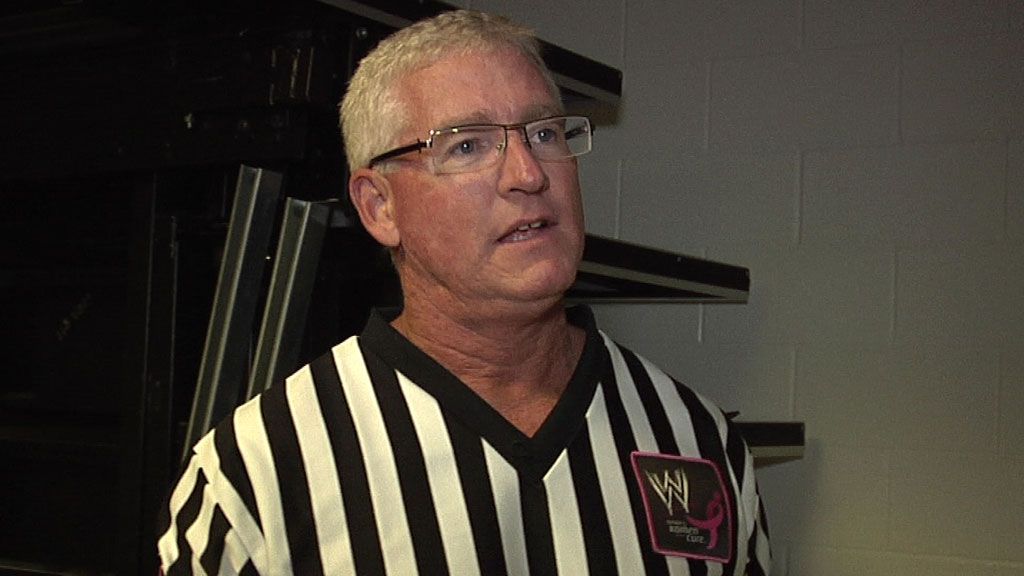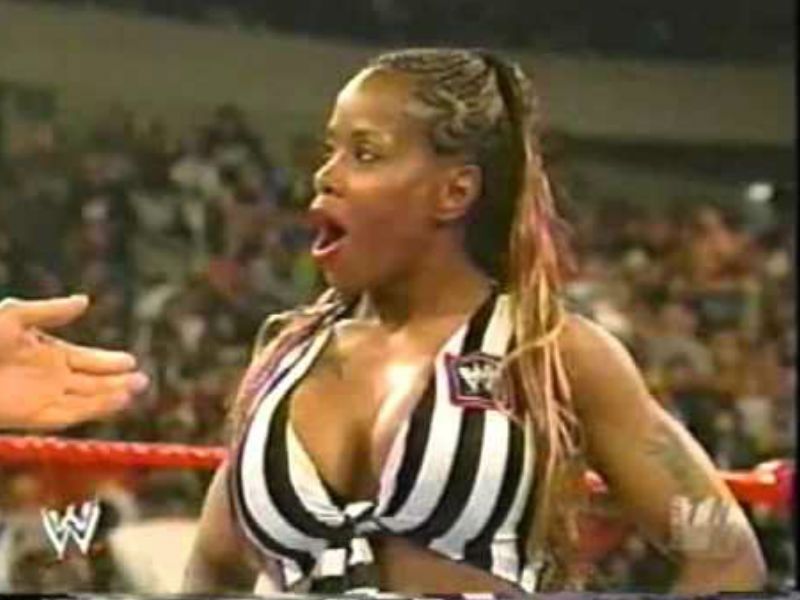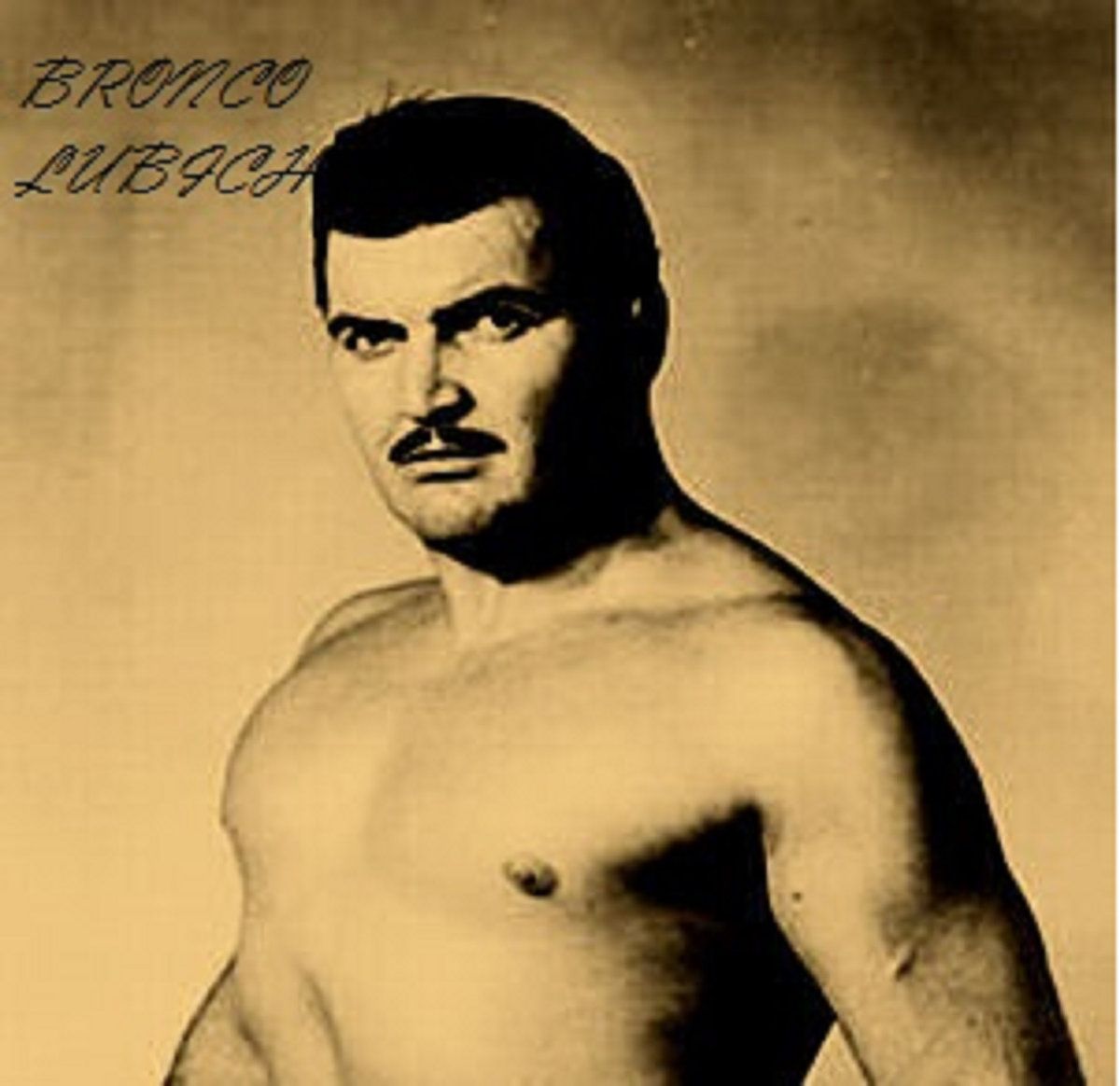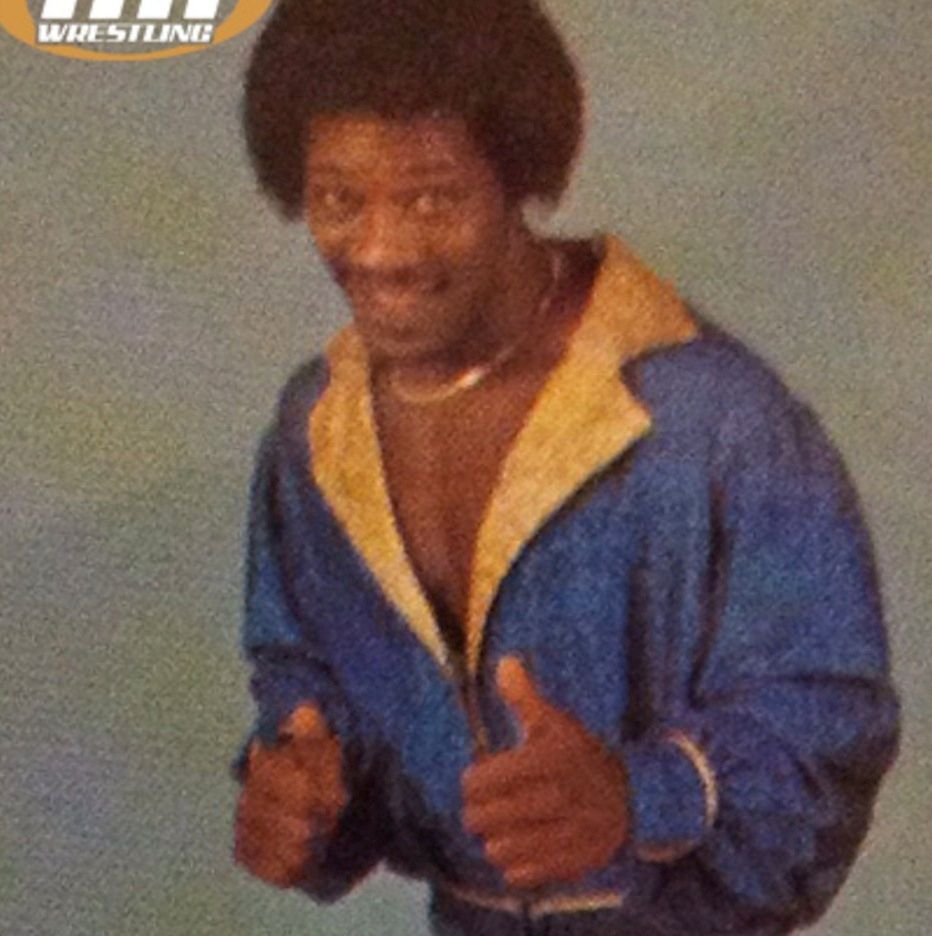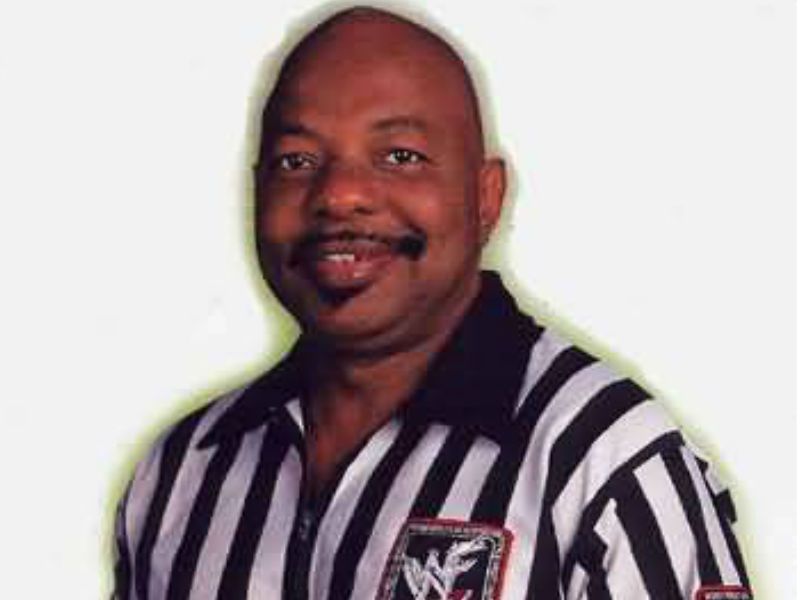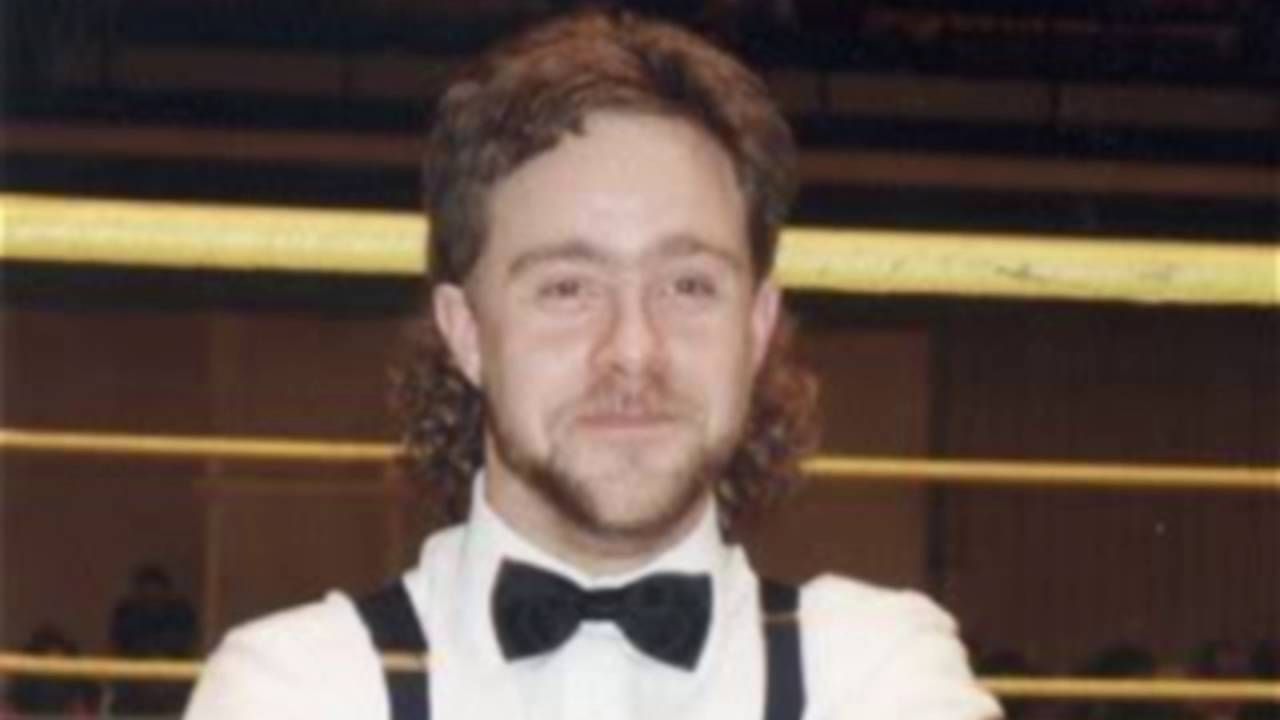When it comes down to it, no one in the WWE Universe has a tougher job than the referees. Wrestling superstars both heel and face are constantly bending the rules and trying to outsmart the poor officials, making it almost impossible to ensure contests are levied on the up and up. If that wasn’t bad enough, it’s a well known trope that wrestling referees are notoriously brittle, and can easily get knocked out for minutes at a time from the simplest bump. To combat difficulties like these, WWE and other wrestling companies have occasionally employed former wrestlers as referees once their time in the ring started to wind down.
One of the best qualities a referee can posses is the ability to blend in with the action and become almost unnoticeable except when necessary, so WWE doesn’t always point it out when a pro wrestler transitions into a second career as a ref. In rare occasions, however, being a referee who used to wrestle has been part of an entertainer’s character, the catch being this usually meant a return to the ring was inevitable. Those who never wrestled again were much more prone to fading into obscurity, and that’s why a spotlight needs to be shined on their decision in retrospect for a fuller view of sports entertainment history. Keep reading to learn about 15 pro wrestlers you didn’t know also spent time as referees.
16 15. Tommy Gilbert
While fans know him as the father of territorial stars “Hot Stuff” Eddie Gilbert and Doug Gilbert, Memphis legend Tommy Gilbert was also a wrestler, starting his career in 1969. His father Arlee had also been a wrestler, though it was Tommy who started the Gilbert family legacy in earnest with a series of matches against the legendary Lou Thesz in the ‘70s. He never quite caught on outside of the Southern territories, though, and was already slowing down in the ring when Eddie started wrestling in 1979. By the time Eddie was starting to make some noise, Tommy had become a referee for Bill Watts in the Mid-South area. Coincidentally, Mid-South was also one of the first territories to give Eddie a platform as a top heel. That his father was also a ref for the promotion was obviously never mentioned. Tommy retired from refereeing in 1987, when Mid-South was purchased by Jim Crockett.
15 14. Nunzio
Sometimes in wrestling performers fall into a role by accident, as was the case with how Nunzio became a referee for the better part of 2011. The former Full Blooded Italians leader and New York native happened to be visiting friends backstage during a Madison Square Garden house show in December 2010, the same night a horrible blizzard hit the city and prevented the usual refs from making the show. The only normal referee to make the show was Charles Robinson, and looking to lessen his workload, Nunzio decided to help out and don the zebra stripes for a few matches. The two time WWE Cruiserweight Champion liked the job, and he was good enough to get hired full time. Nunzio officiated WWE and NXT contests until late September of the next year, when he decided to make his in ring return on the independent scene.
14 13. Buddy Colt
Not everyone decides to retire from wrestling by choice, and no one personifies that fact like Buddy Colt. Also an amateur pilot, Buddy Colt was flying a small plane also occupied by his friends Gary Hart, Austin Idol, and Bobby Shane, when bad weather and engine problems caused them to crash into the Tampa Bay. Shane died in the accident and the other three were badly injured, with only Idol ever able to make a full-time return to the ring. Hart became a legendary manager, while Colt struggled in a number of roles, including a brief turn as a referee. Prior to the crash, Colt was one of the top heels in Florida, allegedly even under consideration for a NWA Championship run, and he understandably found it difficult to adapt after losing his potential career. Though refereeing wasn’t for him, Colt later found success as a manager and color commentator alongside Gordon Solie.
13 12. Dennis Stamp
If anyone reading this article happens to be curious how a wrestler might suddenly get hired to be a referee and wants to witness it firsthand, look no further than Barry Blaustein’s Beyond The Mat. The film documents, amongst other things, Terry Funk’s efforts to promote and book a retirement show for himself, plus plenty of conversations with his friends and family along the way. One of the Funker’s old pals happens to be Dennis Stamp, a small time territorial wrestler who by the time of filming openly admitted he didn’t wrestle much, but nonetheless tried to keep in shape on his trampoline. When Terry invited Stamp to the show, Stamp infamously said he wasn’t going because he wasn’t booked, so Terry took pity on his old pal and hired him to referee the main event. Stamp has likely gotten more work as a ref than a wrestler since the movie came out, albeit never on a major scale.
12 11. Sandy Barr
Wrestler-promoter Sandy Barr is another name likely better known to modern fans for who his sons were than for anything he did in the business. While his youngest son Art Barr never became a huge star in America, he nonetheless earned great respect from wrestling insiders for his heel work in Mexico. Elder son Ferrin Barr, better known as Jimmy Jack Funk, faded away quick after his short WWE stint in the mid-80’s, yet it was still more time than Sandy ever spent in the mainstream. The Barr family patriarch was better known for his skills as a promoter, which made him universally respected as one of the most honest men in the game. Refereeing was actually Barr’s bridge between competing in the ring and stepping behind the scenes entirely, initially making the move because it meant he wouldn’t have to travel as much and could spend more time with family.
11
10 10. Ronnie Garvin
For a former NWA World Champion known as a legitimate tough guy, “Rugged” Ronnie Garvin has had some exceptionally strange gimmicks. Immediately prior to his short run with the Big Gold Belt, Garvin spent several years wrestling in drag as Miss Atlanta Lively. He fast fell out of the spotlight after losing the title back to Ric Flair, and left NWA less than a year later. In early 1989, he jumped to WWE as a grizzled veteran, though the company never acknowledged his past accomplishments, as was the style at the time. This meant more weird gimmicks, including one that saw Garvin “retired” by Greg Valentine and forced into random odd jobs around the WWE Universe. Refereeing was Garvin’s first new role, but in line with his character’s wackiness, he wasn’t good at it, and would regularly get in fights with the heels, getting him kayfabe fired. A subsequent run as ring announcer went much he same, after which Garvin left the company and faded from prominence almost instantly.
9 9. Ole Anderson
One of the toughest and most serious members of the pointedly serious tough and serious Four Horsemen, it made sense that WCW looked to Ole Anderson when they needed a troubleshooting referee in 1992. Bill Watts had just taken control of the company from Kip Allen Frey, and was looking to reinforce some rules that most fans would in retrospect find dangerous and outdated. For example, taking away padding around the ring and making it a disqualifying offense to throw one’s opponent over the top rope. Regardless of how fans felt about these new laws, something had to be done to remind them they existed, so Watts made appointing Anderson the senior WCW referee his first act as Vice President. Watts didn’t last long as VP, and so Anderson didn’t last long as a ref, either, but that was probably fine with him – when Watts got fired, Ole was promoted to his job.
8 8. Tommy Young
In contrast to the other entries, if there’s anything surprising about Tommy Young appearing on this list it’s that he spent time as a wrestler before becoming the most respected NWA referee in history. Regardless of where he worked, Young was considered the best official in the business, such to the extent Ric Flair hired him as his personal referee. Young also handled the majority of NWA Championship matches not including Flair, and was typically the ref bookers used whenever an official needed to get involved with the storylines. Before he started officiating matches, Young got his start in the business as a jobber for The Sheik’s promotion in Michigan. He never won any titles or did anything particularly noteworthy, but his time in the ring certainly prepared him for the athletics he would portray when diving to count pin falls.
7 7. Danny Davis
Arguably the most famous evil referee/wrestler of all time, Dangerous Danny Davis started his career on the level, simply officiating matches for WWE starting in 1981. His nefarious ways started three years later, when he donned a mask and competed as Mr. X, a disguise meant to hide his side job from the fans. The company stopped hiding it in early 1987 when Davis started blatantly helping The Hart Foundation, causing WWE President Jack Tunney to relieve him of his referee duties. Davis started wrestling full time with his own name from there on, engaging in small feuds with George “The Animal” Steele, Jake Roberts, and Sam Houston. Not exactly setting the world on fire as a wrestler, Davis soon returned to refereeing. Before long, he was just another official, with his villainous past almost completely forgotten.
6 6. Scott Armstrong
Continuing the unexpected familial trend of this list, Scott Armstrong is probably best known to wrestling fans for who his family is. His father “Bullet” Bob Armstrong was a legend in many southern territories, while brothers Brad, Brian/Road Dogg, and Steve all achieved varying success in WWE and WCW. Most of Scott’s time in the ring was spent teaming with Steve in WCW, where the two were mostly treated as jobbers on b-shows despite showing decent skills in the ring. Years later, Scott suddenly sound himself in one of the highest profile roles any of his family members had seen in quite some time, albeit namelessly so, when he started refereeing for WWE. Excelling in this new role, Scott eventually also found his way backstage as a producer in addition to his duties as an official. Is it enough to say the Armstrong Curse is broken? We’ll leave that up to them.
5 5. Jacqueline
So famous for her time as a referee that it wasn’t even mentioned during her WWE Hall of Fame speech, Jacqueline is obviously much better known as a manager and former WWE Women’s and Cruiserweight Champion. She typically wrestled and managed at the same time, impressing fans with her strength and uniquely impressive look amongst the more cookie-cutter female wrestlers in the ‘90s. For no particular reason that has ever been explained, Jacqueline decided to become a referee for a few months in 2002. Her first match saw her officiate a WWE Women’s title bout between Jazz and Trish Stratus, which she called straight down the middle. It wasn’t long before Jackie was also refereeing men’s matches, proving it was more than a gimmick. It still didn’t amount to much, though, as she was back to wrestling before the year was over.
4 4. Bronko Lubich
As an imposing Hungarian native wrestling in the 1950s, its no surprise Bronko Lubich was a natural heel to Midwestern and southern US audiences. Unless, that is, you know anything about the man himself, who was a much calmer and gentler soul than his wrestling character would imply. Modern fans are probably more familiar with this version of Lubich, due to his time in World Class Championship Wrestling as the senior official. He was also a business partner of Fritz von Erich (amongst other wrestlers), making Lubich a mainstay of WCCW’s weekly TV show, his distinctively slow style memorable and somewhat annoying to fans. Unlike a ref who dove into the action, Lubich only dropped to one knee and almost seemed like he didn’t much care for the job. Either way, he was unforgettable in the role, and remains a big part of Texas wrestling history.
3 3. Rocky King
Some people are willing to do whatever it takes to get into the wrestling industry, and if the stories are to be true, Rocky King was literally willing to do it all. A wrestling fan his entire life, rumor has it that King would show up whenever the NWA did shows at the Omni in Atlanta, offering to do whatever work the wrestlers or event staff had available for him. This eventually led to NWA booker Ole Anderson hiring him as a jobber, leading to King losing televised bouts to countless wrestling legends of the 1980s. He later became a manager/mascot to the Fabulous Freebirds as Little Richard Marley, but tensions with Michael Hayes caused that idea to get mercifully ablated. Perhaps due to King accusing racism, WCW kept him on board as a referee after the Freebirds incident cooled down, and he kept the role until his retirement in 1998.
2 2. Teddy Long
By our count, 2017 WWE Hall of Fame inductee Theodore R. Long has wrestled less than 10 official matches, and that’s still probably 10 more than most fans remember. Obviously, the longest tenured SmackDown General Manager and former leader of Thuggin’ ‘n’ Buggin’ Enterprises is better known for his time as a manager and authority figure, roles he collectively held for nearly three decades. Before it all, Long actually made his start as a referee in the NWA, presiding over a number of World Championship matches and other high profile bouts. Long’s personality soon convinced bookers to make him a manager, and the rest of his career was a natural progression of his boundless charisma. Interestingly, when Long made the jump from WCW to WWE, he returned to refereeing, only to again start managing four years after that. Through tragic coincidence, Long was the official during two of the most infamous matches in WWE history: the bout immediately following Owen Hart’s death and the one where Droz was paralyzed.
1 1. Brian Hildebrand
Flipping the usual script, Brian Hildebrand started out his sports entertainment career as a manager on the independent scene. Feeling that wasn’t enough for him, Hildebrand trained in a large number of wrestling styles and might have been pretty good at them, too, but his small size meant he was never going to be a huge star in American wrestling. Finding a middle ground, he became one of the best referees in history, gaining fame in SMW, ECW, and finally WCW, where he adopted the stage name Mark Curtis. He still occasionally tried his hand in the ring along the way, wearing a full Ninja Turtle style costume and wrestling as Kowabunga, though the gimmick unsurprisingly didn’t bring him much attention. If anything, Hildebrand’s small stature only served to make him more memorable as a ref, especially after he effortlessly tackled a fan who jumped the rails during an episode of WCW Nitro. Sadly, Hildebrand was diagnosed with cancer in 1997 causing his career to end and leading to his death two years later.

